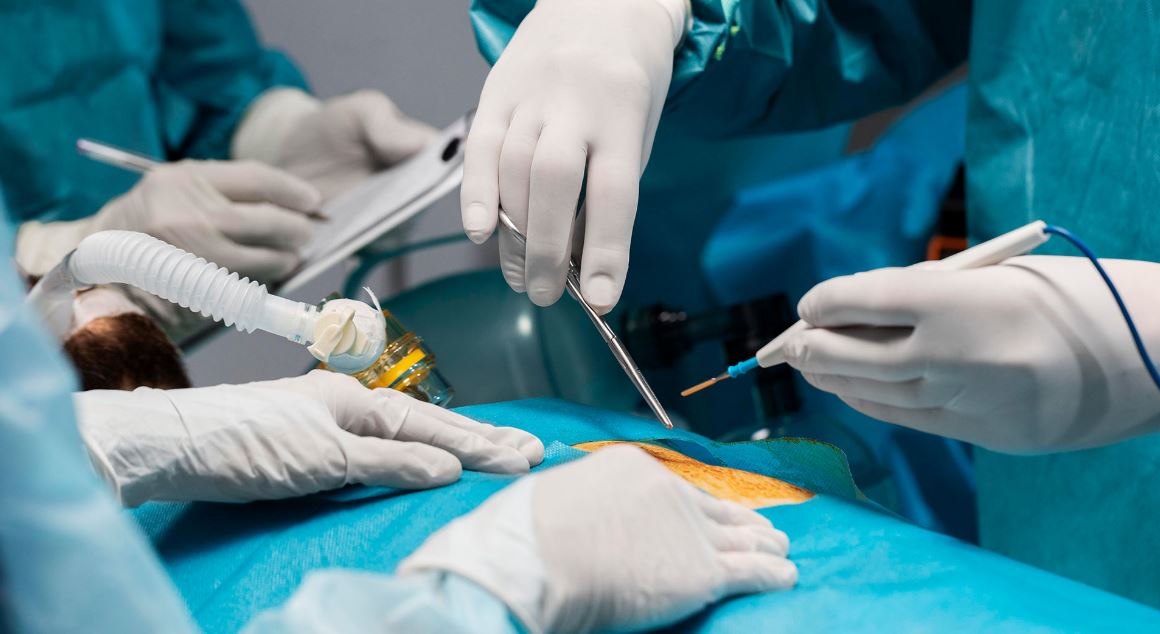The heart plays one of the most important roles in the human body. It is a complex organ with a one-way aortic valve between the left ventricle or main pumping chamber and the aorta. The opening of aortic valve allows the blood to flow to the entire body from the main pumping chamber. This aortic valve closes when the heart expands during relaxation (diastole), to stop a backward flow of blood. However, with increasing age, several problems occur with this valve of the heart, such as narrowing due to calcium accumulation, valve dilatation problems, thickening of valve membranes, etc. The worsening condition eventually makes it imperative that the patient seek surgery.
Traditionally, any surgeries involving the aortic valve have been highly invasive and involving an open heart surgery. Since patients are most often advanced in age, invasive surgery quite obviously is a cause of much concern. However, the time has changed. With the advancement of technology, we now have breakthroughs such as Transcatheter Aortic Valve Implantation or TAVI (TAVI), which provides a safer alternative to open heart surgery. But what exactly is this alternative method? How is this surgery done without opening the heart? What additional benefits do patients get? Apollo Hospital’s Senior Consultant Interventional Cardiologist, Dr Bikash Majumder answers these question for us.
Dr Bikash Majumder tells us that this alternative method of surgical aortic valve implantation is called Transcatheter Aortic Valve Implantation or TAVI. In this procedure, the faulty aortic valve is accessed through the artery from the groin area. This relatively lower risk procedure allows doctors to insert an artificial aortic valve as required through the groin route with the help of a catheter.
What are the advantages of such a method? Dr Majumder tells us that the advantages are many fold. Firstly, the patient does not have to undergo major surgery. Considering that a majority of the patients requiring the surgery are advanced in age, more often than not, they have other comorbidities that highly increase the risks of major surgery, something that TAVI helps to mitigate. The patient also does not need to be given general anaesthesia and can be released from the hospital within 2 -3 days of the surgery.
Needless to say, many elderly people, the world over, have benefitted from procedure of relatively lower risk treatment of aortic valve disorders. It is also a method that is highly trusted and recommended by doctors, as well. It is also reported that TAVI is being favoured over traditional surgery in high-risk patients mainly because of its superior outcomes. Even in moderate- and low-risk patients, cost-effectiveness trials of surgery and TAVI have shown similar outcomes.
However, as with any surgery, especially for the treatment of cardiac issues, it is mandatory to consult an experienced doctor right at the start. And if you are wondering, where should you consult, Apollo Multispeciality Hospital’s cardiology department is always a phone call away.
This article has been produced on behalf of Apollo Multispeciality Hospital by ABP Digital Brand Studio.











